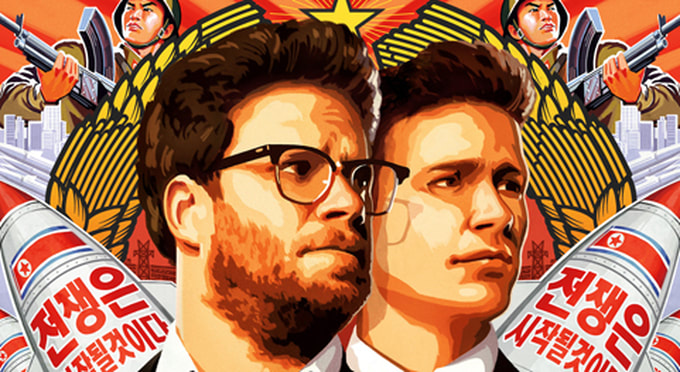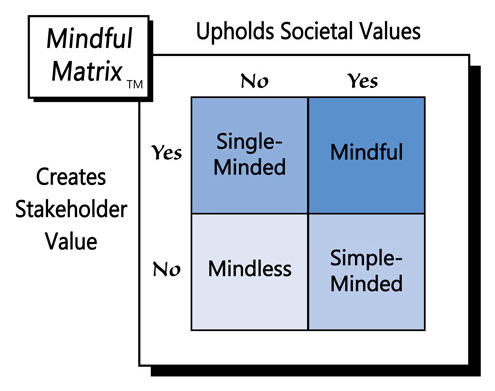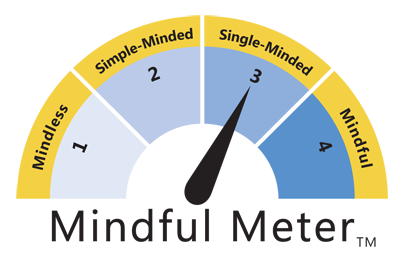For those arriving late to the scene . . . Sony Pictures, a subsidiary of Sony Entertainment, Inc. a subsidiary of Tokyo-based Sony Corporation, produced The Interview, an action comedy in which Rogen and Franco (Tabloid TV show producer and host) secure an interview in Pyongyang with one of the shows biggest fans, North Korean ruler Kim Jong-un. Seeing an opportunity for a political coup, the CIA asks the duo to assassinate the ruler, a request the pair agrees to undertake.
The Interview was scheduled to premiere this past week; however, Sony chose to cancel the openings after some credible physical threats; it then decided to pull the movie altogether. President Obama criticized Sony Pictures for its response; however, Sony Entertainment CEO Michael Lynton retorted that his company had no choice when movie theaters refused to show the film. Although North Korea has denied responsibility, saying it’s been framed, it has reportedly called the computer hacking a “righteous deed.”
Many have decried Sony’s purported self-censorship, saying that no company or country should give-in to threats of terrorism. Such arguments have merit: A society can’t afford to allow a few persons with violent motives to curb free expression or control others’ lives.
However, the issue of post-production censorship should not overshadow another very important question: Should Sony have made The Interview in the first place?
Given the cyber-attacks, serious physical threats, and millions of dollars of lost revenue, it’s convenient to say “no.” But what if these negative consequences hadn’t occurred? Would the movie still have been ill-advised? The answer is “yes.”
To make a movie about the assassination of another nation’s sitting head of state is in poor taste, not to mention diplomatically insensitive. “But shouldn’t others understand that the movie was a comedy, meant to be funny?” Perhaps; yet, we’ve all experienced others making light of things that we believed to be serious. Furthermore, when the relationship between two people, or two countries, is already strained, it’s good to avoid actions that may intensify tensions, particularly noncritical actions.
“But what about other movies made about the assassinations of real political leaders, e.g., Lincoln and JFK? The big difference was timing. These films recounted historic events—actual occurrences that already happened. They didn’t paint a picture, however ridiculous it might be, of how a specific, current leader might be killed.
“Do onto others as you would want them to do onto you”--it’s worth noting that every major world religion has its own version of the Golden Rule. So, we should ask: Would we want a movie made about the assassination of our president or another current political leader? Unfortunately some might respond “yes” to this question, but they shouldn’t.
Whether or not we like them or agree with their policies, our leaders deserve civil treatment and our respect—the same things we want and deserve from others. More specifically, no living person should have a movie made about his/her murder.
Freedom of expression is an important, necessary right. It’s also important to recognize that not everything that can be said or done needs to be said or done, or should be. Likewise, we should remember that the exercise of our freedoms sometimes infringes on the freedom of others. When such violations are thought to occur, however, violence or the threat of violence is not the answer.
Despite its social and political insensitivity, if The Interview had been released, it’s likely that the film would have been a box-office success. As such, it’s fitting to label Sony’s production of The Interview “Single-Minded Marketing.”
Postscript: Since this blog was written, Sony has reversed its earlier decision and will have a limited release of The Interview in select theaters on Christmas Day.
Learn more about the Mindful Matrix and Mindful Meter.
Check out Mindful Marketing Ads and Vote your Mind!




 RSS Feed
RSS Feed